In a move that solidifies his grip on power, Colonel Assimi Goita of Mali has extended his rule by five years without the need for elections. The decision was made through a bill approved by Mali’s transitional parliament, granting Goita an unelected presidential mandate that allows for indefinite renewals.
The bill, which received unanimous approval from all 131 members of the transitional assembly present at the session, stipulates that Goita’s mandate can be extended “as many times as necessary
” without the requirement of holding elections. This development effectively paves the way for Goita to continue exercising presidential authority in Mali until at least 2030.
Assimi Goita assumed power in August 2020 following a military coup that ousted then-President Ibrahim Boubacar Keïta. The coup was driven by dissatisfaction with Keïta’s management of a deadly Islamist militant insurgency in northern Mali. Since taking office, Goita has maintained a firm grip on leadership despite calls from regional and international entities for a swift return to civilian governance through democratic processes.
The extension of Goita’s rule signifies a consolidation of power within Mali’s junta and raises concerns about the country’s trajectory towards democracy and stability. By circumventing electoral processes, there are growing apprehensions about potential implications for governance, human rights, and political freedoms within Mali.
Political analysts view this extension as a strategic maneuver by Goita to entrench his authority and influence over Malian politics. By sidestepping electoral mechanisms, he consolidates control while evading potential challenges from opposition forces or rival factions within the country.
“
The decision to extend Colonel Assimi Goita’s rule underscores the fragile nature of democratic transitions in post-coup environments,
” remarked one expert on African politics. “
It sets a concerning precedent for governance norms and constitutional order in Mali.
”
International reactions to these developments have been mixed, with some expressing reservations about supporting an administration lacking democratic legitimacy. The absence of electoral mandates raises questions about the government’s credibility and its commitment to upholding democratic principles and respecting the will of the Malian people.
As Mali navigates this period of political uncertainty under prolonged military rule, there are growing calls for dialogue among stakeholders to chart a path towards inclusive governance and sustainable democratic practices. The international community continues to monitor developments in Mali closely, emphasizing the importance of upholding constitutional frameworks and ensuring respect for fundamental rights amidst evolving political dynamics.
The situation in Mali remains fluid as internal tensions persist amid external pressures urging adherence to democratic norms. The coming months will be pivotal in determining the country’s political trajectory and shaping its future landscape within both regional and global contexts.
In conclusion, Colonel Assimi Goita’s unilateral extension of rule without elections marks a critical juncture in Mali’s political evolution with far-reaching implications for governance structures and democratic norms within the nation. As stakeholders assess these developments’ impact on stability and democracy, concerted efforts towards inclusive dialogue and consensus-building become imperative to navigate through these challenging times responsibly.”


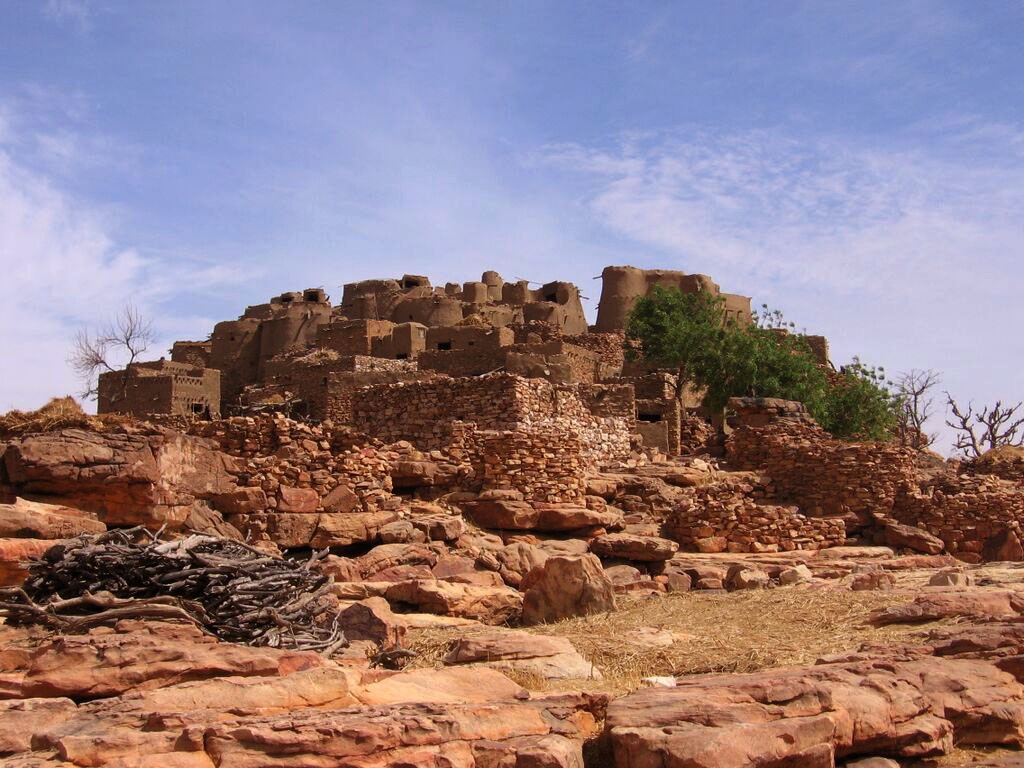
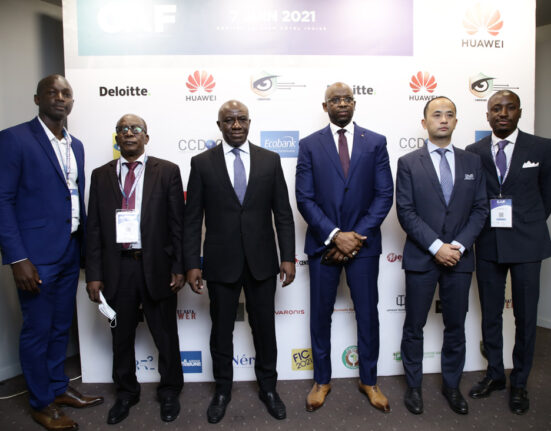
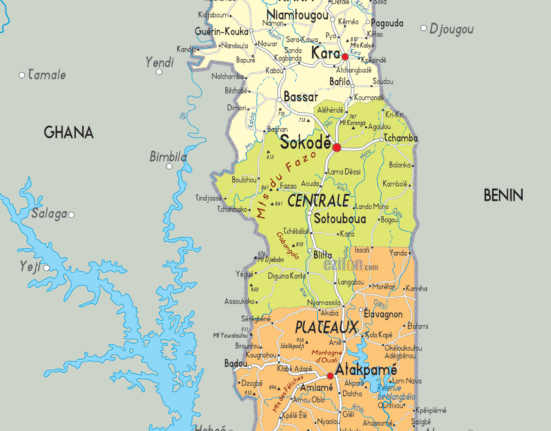

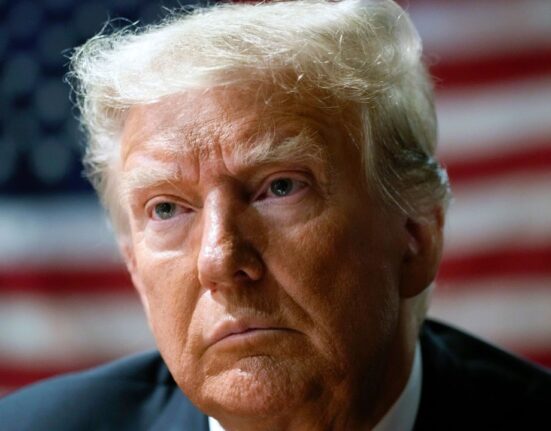
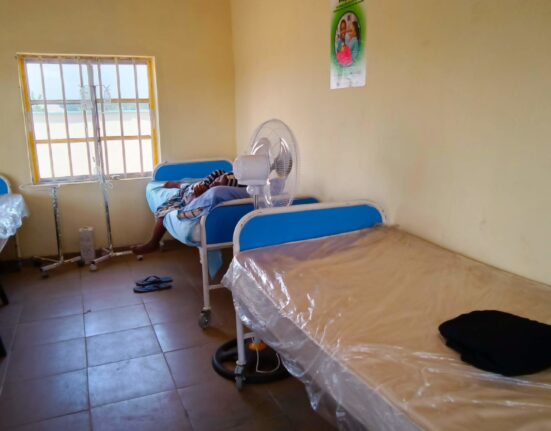

Leave feedback about this